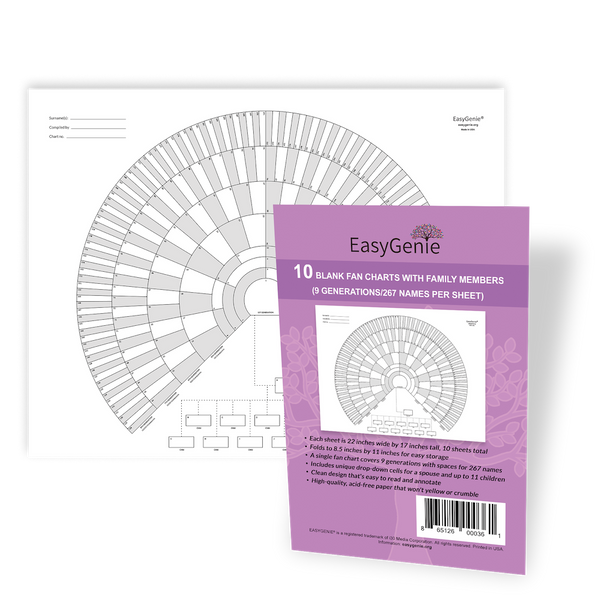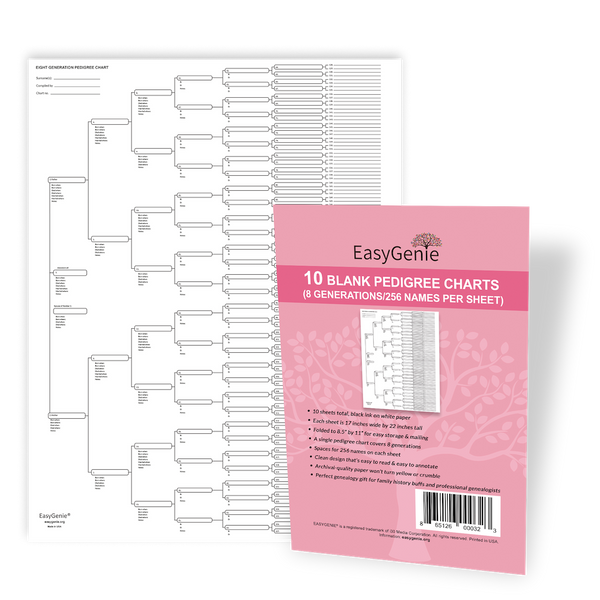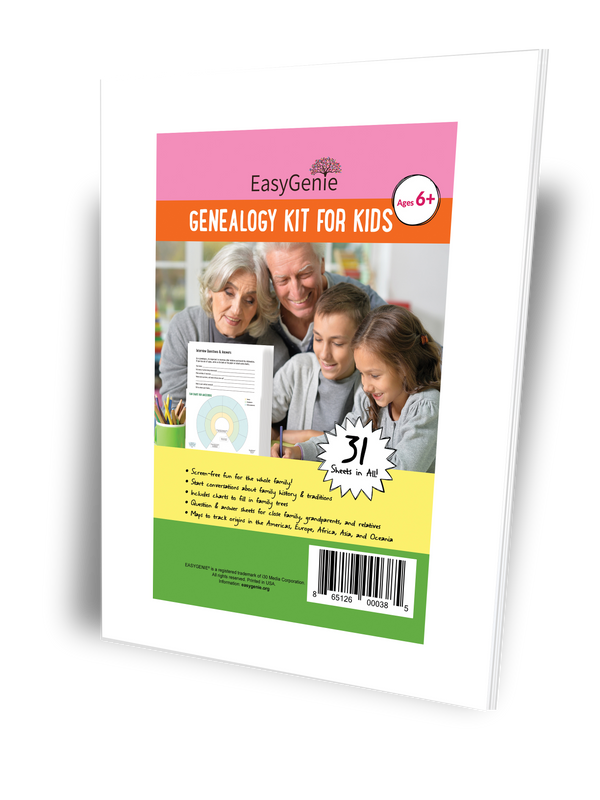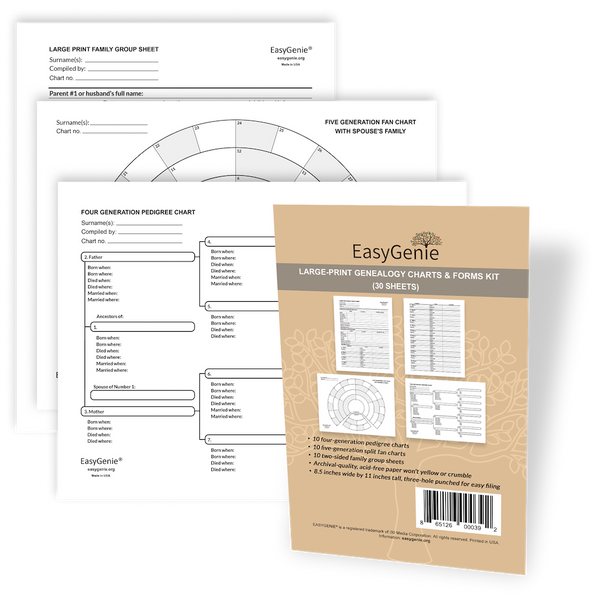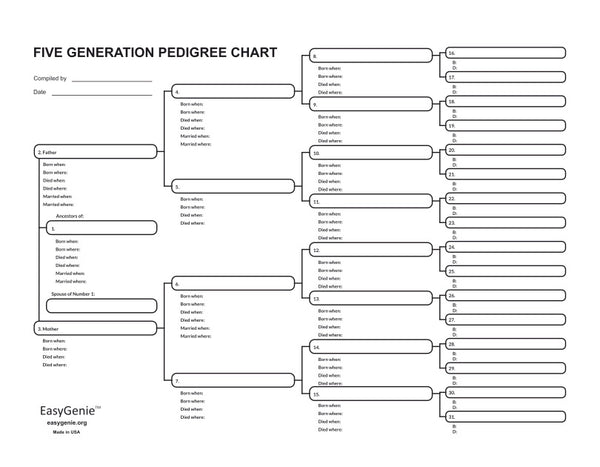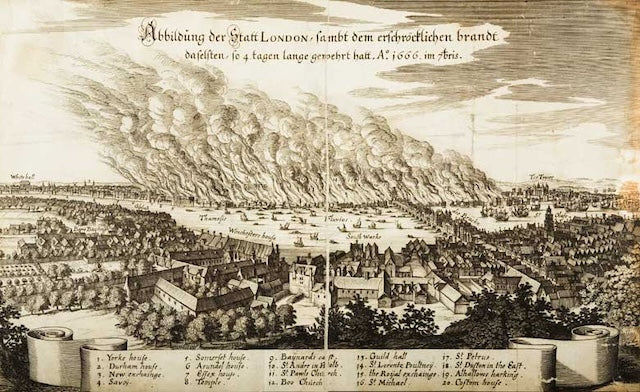
Ancestors who survived disasters & genealogy preservation tips
Ian LamontLike the rest of the country, Nicole and I have been watching with horror the scenes from Los Angeles. Wildfires are nothing new, but this is a disaster on another level. Entire neighborhoods were wiped out, with dozens of people killed and many still missing.
If you look far enough back into your family tree, you will find similar disasters that affected your ancestors. I was reminded of this fact in a recent episode of Finding Your Roots, “La Famiglia,” in which The View co-host Joy Behar learns that her 4G grandfather perished in a 1783 earthquake that destroyed more than 300 towns in rural Calabria, Italy:

If you have ancestors who lived in cities, they likely experienced major fires. Examples include the Great Fire of London which destroyed more than 13,000 homes in 1666, the Great Chicago Fire of 1871, and the 1923 Great Kantō earthquake which sparked fires across Japan, killing more than 100,000 people.
Ecological disasters impacted our ancestors, too. Famine and drought have contributed to mass migrations of people for millennia. The Irish Potato Famine and the Dust Bowl are two notable examples.
As disasters unfold, one thing that has remained constant is a desire to help: Providing clothes or food to the displaced, putting up relatives and friends who’ve lost their homes, or other acts of kindness.
We were struck by this video from Los Angeles, in which firefighters went into a burning home and saved priceless belongings - photo albums and antiques including a grandfather clock:

Tips for disaster-proof genealogy
When a disaster is about to strike, people often try to save photos, heirlooms, and other irreplaceable items. For genealogists, that extends to documents and research that have taken years to compile. General tips for protecting your genealogy from disasters include:
- Backing up electronic research. In addition to cloud copies, I use an external hard drive that can easily be grabbed in an emergency.
- Saving hard copies of core research (organized by family, and easily accessible if you need to move quickly).
- Using archival-quality materials and preservation techniques: low-humidity storage areas, acid-free paper, protective document sleeves, and fire-proof safes for important documents.
- Sharing genealogy research as widely as possible with relatives.
The situation in Southern California is far from over. We hope the fires can be contained soon and those affected can begin rebuilding their lives.
